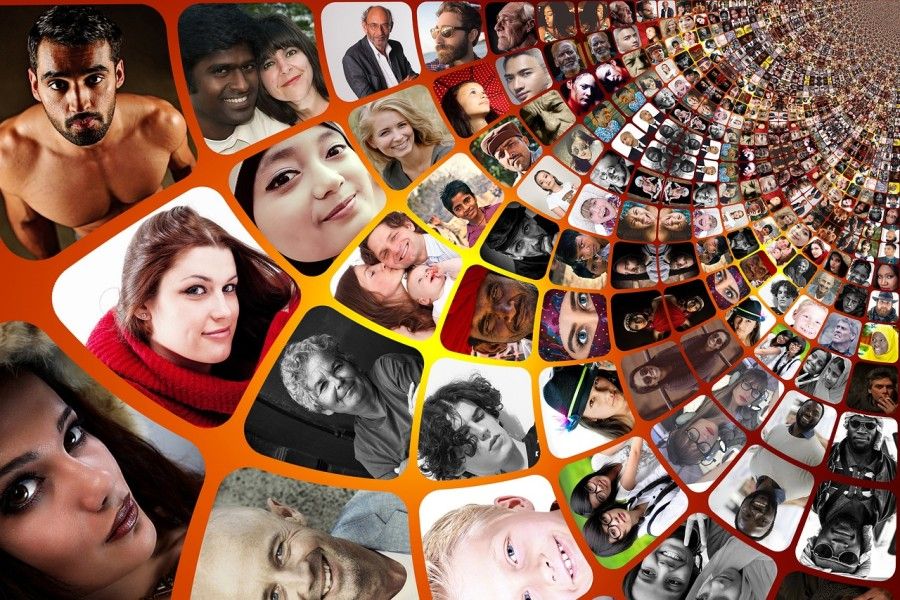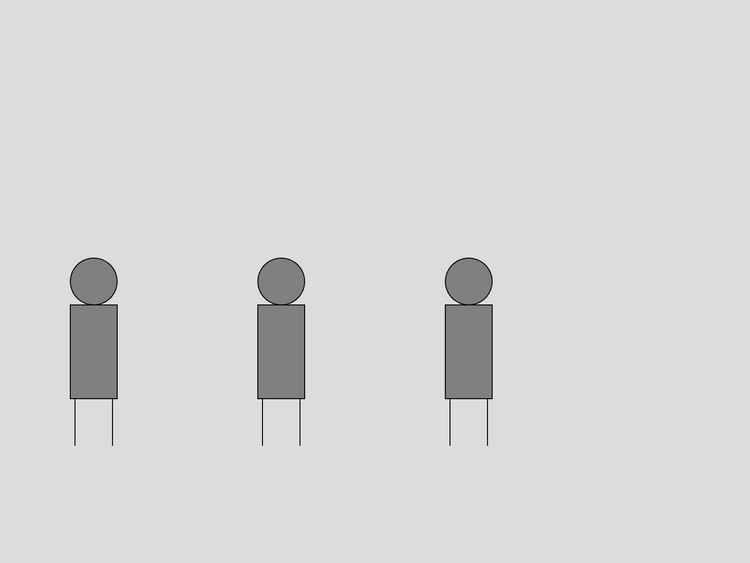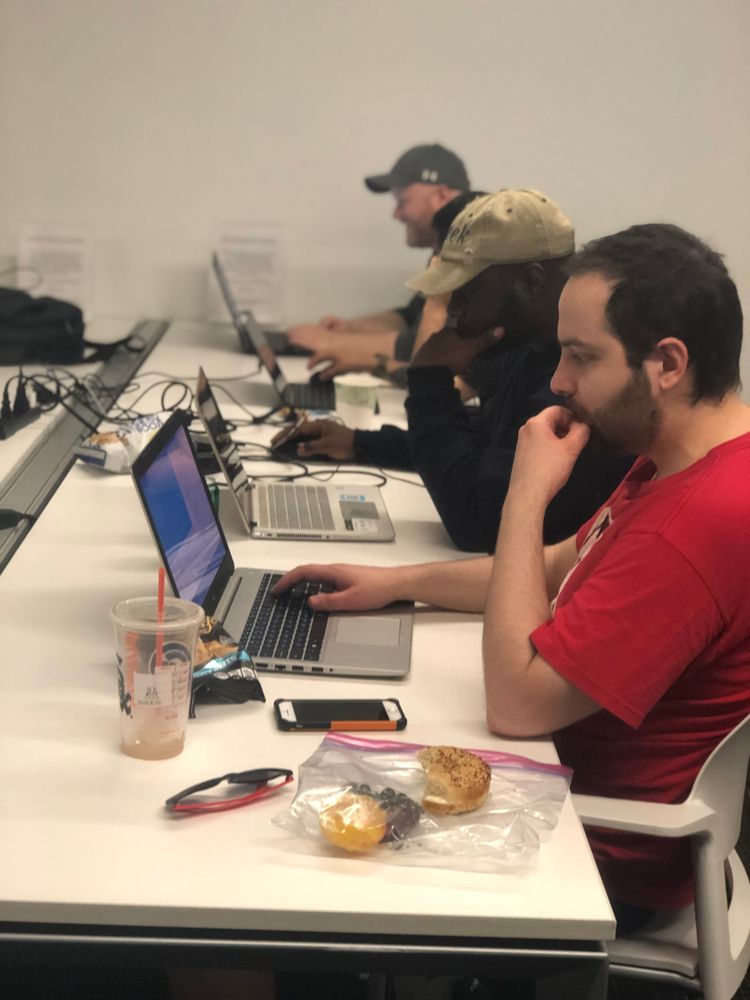Building Diverse Teams in AI

There's an often-underestimated power that emerges from diverse teams. This power isn't just about ticking a checkbox in the inclusivity list—it's about bringing myriad experiences, backgrounds, and perspectives to the forefront. In the rapidly evolving world of Artificial Intelligence, this diversity is not just welcome—it's imperative.
When we discuss AI, the spotlight usually dazzles on its marvels: self-driving cars, personal assistants that can sing us a lullaby, and algorithms that predict our next online purchase. But, much like any magic trick, there's a lot that happens behind the scenes. And in the AI world, the real wizards are the teams that design, train, and refine these algorithms.
Here's the kicker: these algorithms don't just emerge from a vacuum. They're a reflection of the data fed into them. If the teams sculpting this data come from a homogenized background, there's a good chance biases will creep in. And these aren't just biases in the 'preference for a coffee brand' sense, but biases that can potentially lead to grave societal consequences.
Imagine a facial recognition system trained predominantly on data from one racial demographic (we may not really need to imagine this... as we've seen the news). It's like trying to paint a rainbow but only using shades of blue. Not only does the result become less effective, but it also runs the risk of misidentification, and in some situations, this can be life-altering.
This is where the importance of a diverse team in AI truly shines. With varied perspectives come varied experiences—experiences that can question, challenge, and refine AI models. A team member from a minority background might pinpoint nuances in data interpretation that others may overlook. A gender-diverse team can ensure that voice recognition doesn't just favor one gender over another. And someone with a disability can provide insights into making AI tools more accessible.
But beyond just ethical considerations, there's also a strong business case for diverse AI teams. A product developed by a diverse team has a wider potential user base. It's more universally adaptable and less likely to run into PR disasters arising from biased outcomes.
Navigating the AI terrain without a diverse team is like trying to sail the seas with a monocular vision—you might get somewhere, but you'll miss out on the richness of the journey and potentially run aground on unseen obstacles.
So, as leaders and innovators, our quest shouldn't just be about harnessing the power of AI but ensuring this power is sculpted with the hands of diversity. So as we all race to empower our businesses with this now ever-present and available technology, let's retain focus on bringing others along as well. Those from underrepresented and marginalized backgrounds may not have had the opportunities as others to focus on the up-and-coming technology - the time is now to integrate everyone into this technology.
Let's learn from our past and not wait until we've "made it" to bring others along because in those varied hands lies the promise of an AI that's more ethical, more effective, and truly transformative.
Looking for more insights into AI, leadership, and the dance between the two? Dive deeper into the conversation. Let's unravel the intricacies of technology and leadership together. Book a chat with me here, and let's navigate the AI waters with a broader vision.



Member discussion